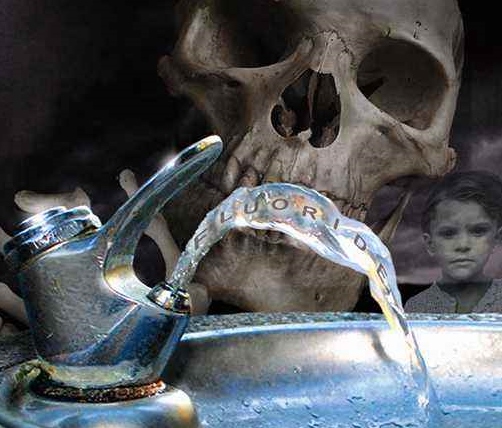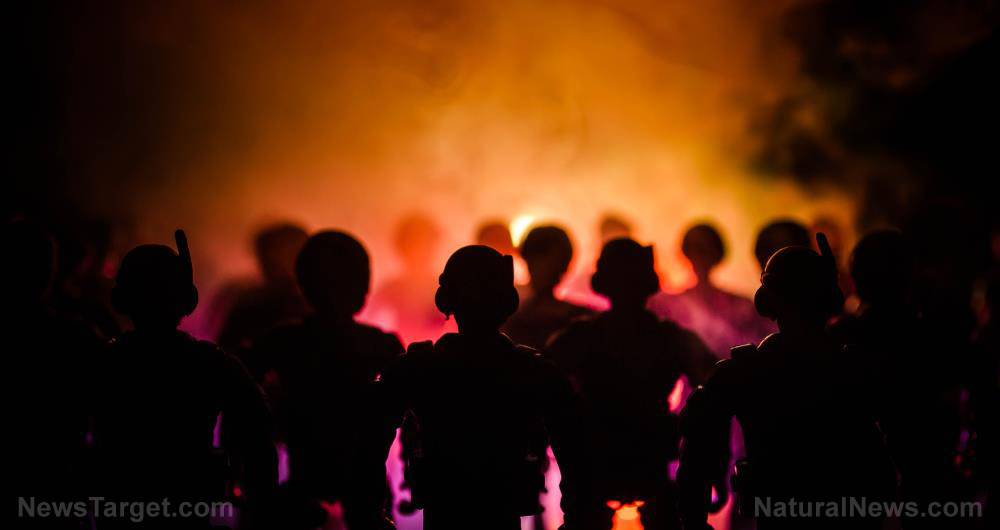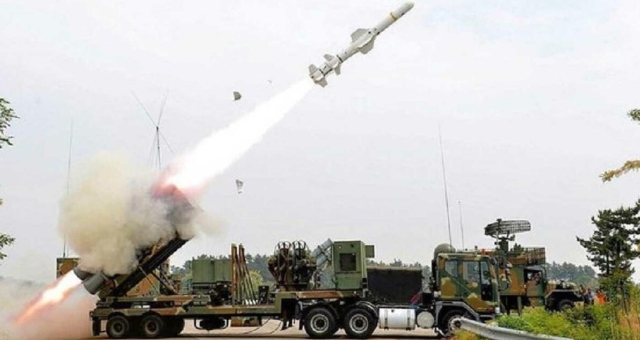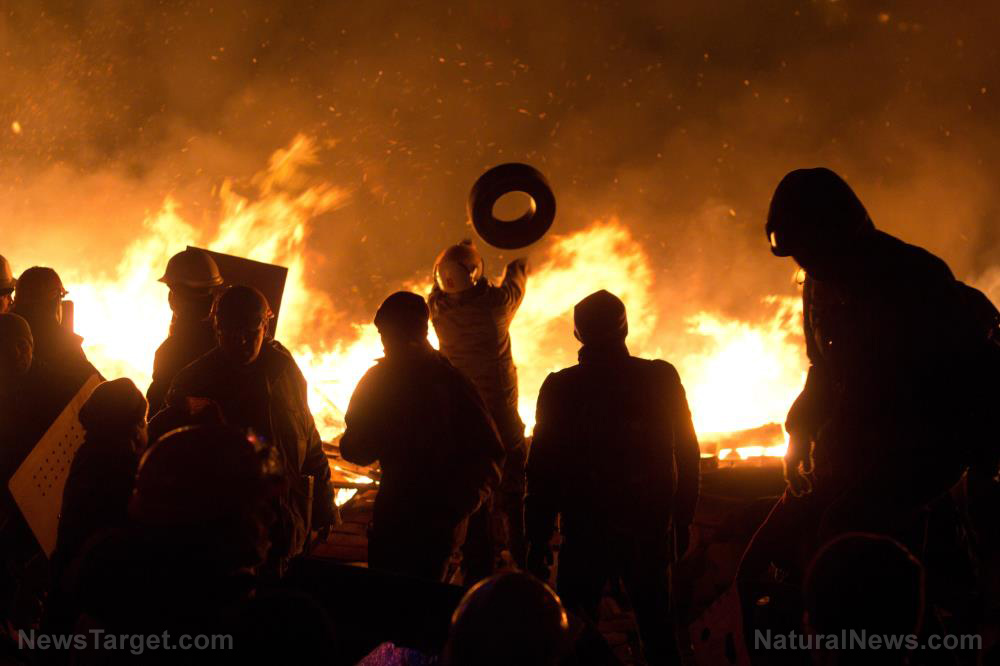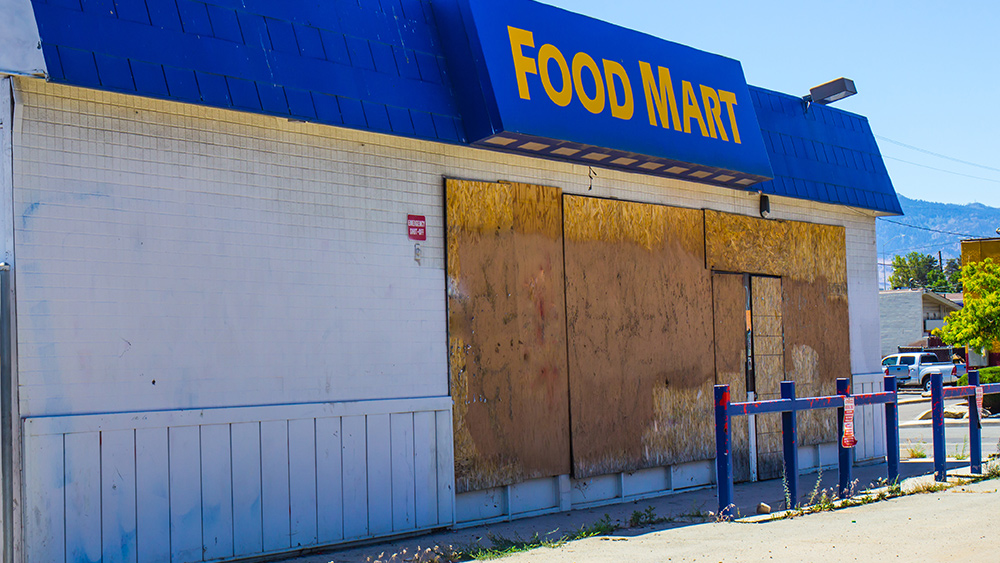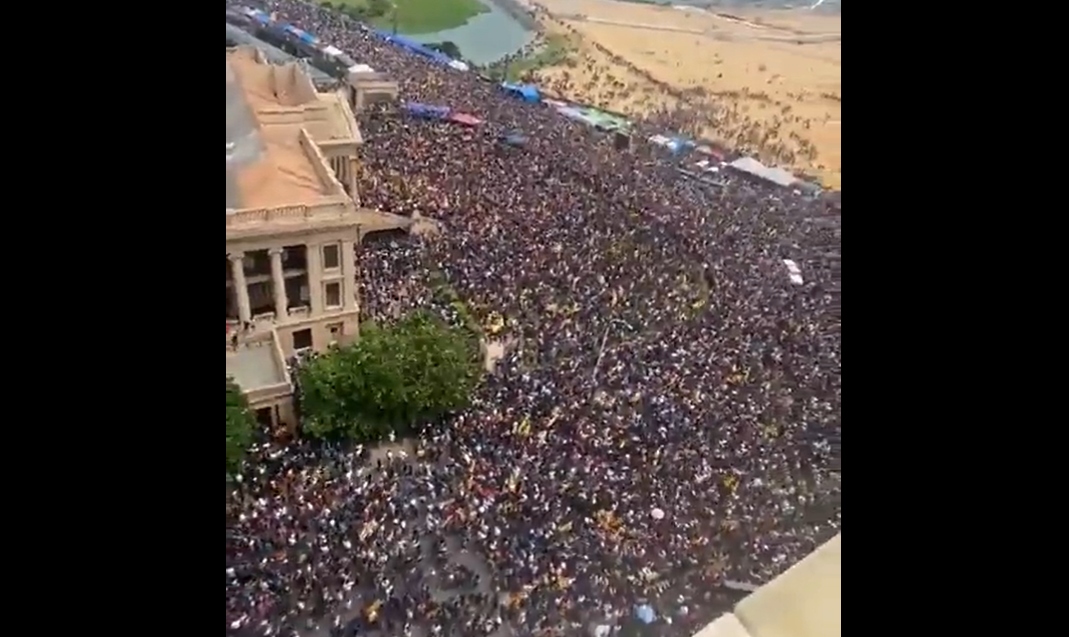
The globalist World Economic Forum (WEF) has deleted an article on its website published in 2018 claiming that ESG will make Sri Lanka wealthy by 2025.
ESG, or "Environmental, Social and Corporate Governance," is a set of metrics by which governments are measured. It has been likened to a globalized social credit scoring system, and it gives potential stakeholders more information about which governments to invest in without actually providing them with more financial data to better inform them about whether an investment is risky or profitable.
Some of the main factors investors look for in ESG scores include environmental factors like adherence to globalist climate change policies like carbon and greenhouse gas emission reduction; social factors like prioritizing social justice issues and gender and cultural diversity; and governance factors like adherence to the United Nations' human rights, labor and anti-corruption principles.
The article in question is by Sri Lankan Prime Minister and Acting President Ranil Wickremesinghe. At the time of the article's publication, Wickremesinghe was serving his fourth term as the country's prime minister.
Wickremesinghe reclaimed the position this year following mass anti-government protests that forced the resignation of former Prime Minister Mahinda Rajapaksa. He then took on the role of acting president following the ouster of former President Gotabaya Rajapaksa, the brother of the former prime minister.
In the article, Wickremesinghe claimed that Sri Lanka is progressing and will be considered a rich country by 2025 by focusing on the WEF's ESG criteria, including tackling climate change and dealing with other environmental issues and improving ties with Southeast Asian economic powerhouses.
Sri Lanka far from becoming a rich country by 2025
The reality of the situation is that the government caused today's massive crisis by not focusing on economic and financial aspects. Sri Lanka had a lot of sovereign debt, which crippled its economy and drained the country's foreign reserves to near zero, leading to months of political turmoil and public unrest.
Months of protests took a turn on July 9, when tens of thousands of protesters stormed and occupied the official residences of the president and prime minister. Wickremesinghe's private residence was even burned down.
Since then, Gotabaya has fled to the Maldives and Wickremesinghe has taken over as acting president while promising to resign to make way for an all-party coalition government.
The Speaker of the Parliament of Sri Lanka Mahinda Yapa Abeywardena has stated that once both Gotabaya and Wickremesinghe formally step down, he will take the role of acting president and prime minister before the Parliament votes for a new president and forms a new all-party government on July 20.
The new government will only have one task during the rest of its term: addressing the most pertinent demands of the protesters. These include restoring order to the economy, negotiating a debt restructuring with its creditors and providing the people with economic and financial relief. (Related: First FOOD goes, then the ECONOMY: Radical changes in the agriculture sector compounded by pandemic tyranny responsible for Sri Lanka's demise.)
This new government will have a lot of problems to deal with. Sri Lanka has an external debt of over $35 billion, the largest slice of which is owed to holders of its international sovereign bonds. The country's largest bilateral lenders, China, Japan and India, have yet to come to the negotiating table to agree with debt restructuring.
Learn more about the collapse of Sri Lanka at Collapse.news.
Watch this clip from WION talking about the state of emergency imposed in Sri Lanka following the departure of recently deposed President Gotabaya.
This video is from the High Hopes channel on Brighteon.com.
More related articles:
Food collapse: Bread will be emptied from shelves within days, warn Sri Lankan bakery owners.
Sri Lanka collapsing fast as government suspends fuel sales, while asking Russia for assistance.
Glimpse of the future: Protests, violence put a spotlight on Sri Lanka's collapsing economy.
Sri Lankan army unit fires into crowd of protesters as unrest over fuel and food shortages spreads.
Sources include:
Please contact us for more information.














